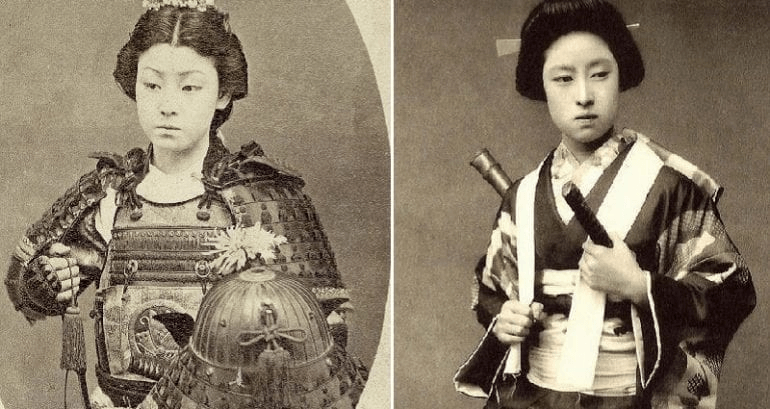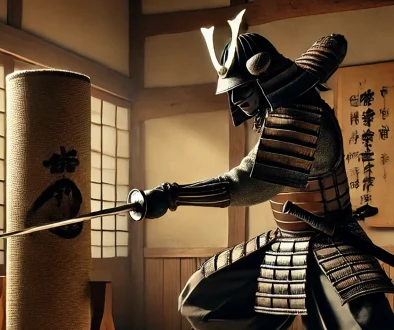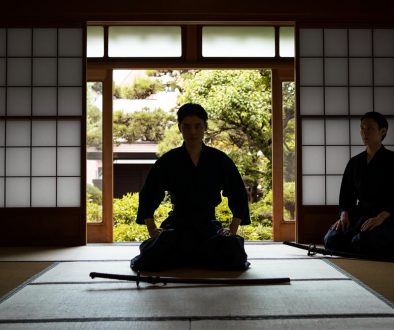The role that Samurai women played in Japanese society
Normally Samurai women were present only in the home. That was until the civil war of 1868, where they found themselves in battle together, resurrecting this sacred combination not seen since the early 17th century.
To first understand the significant role that women have played in the home, we have to understand where the income to provide for the home came from, and that was usually a stipend that was based on their warrior status, marked with hereditary succession status.

Did the women need Samurai protection?
It was difficult being born as a woman in a Samurai family. As your only hope would be to marry into another family and become a Samurai’s wife. Some Samurai who didn’t have wives instead had servants. Both indicate the role that women played was not an independent one. They required the Samurai for protection from robbers and hoodlums.
Did poor Samurai have wives?
Some Samurai were so poor that they couldn’t attract the hope of marriage into another family, so instead to run and manage the household they would hire a servant. Procreation was only considered important to those samurai that had superior positions in the ranking of the daimyo’s army, and the serving of the life of the shogun.
What did Samurai wives do for their income?
They made paper hair ties to sell at the market, as well as taking in sewing tasks, and other odd jobs around the town that people would need assistance with if they had the skillset. One thing good about those times is that skills were easily passed down through generations to help each live a pleasing, and comfortable life.
Did Samurai wives mix with other families?
Samurai wives enjoyed the company of each other, spreading gossip and enjoying the breeze, or shopping for new clothes & fabrics. It was the genealogy records kept by each of the domains that then listed each of the head members of a household that held a retainer band. It became crucial for women to build alliances through other families if nothing but to also just keep the peace but to also maintain this important genealogy tree, that the whole of society was founded on.
What permissions did Samurai women need to marry?
A Samurai of any rank could marry with full permission in an effort to maintain the handover of the retainer band. It was thought they would guard against conspiracy, and guarantee the couple was from similar or less equal family status, in order to benefit one family.
If a woman outside a Samurai family was to be married into one, she would be adopted. Hopefully, it would be one within the same domain. This would have to happen before any marriage could take place. This is how formal things were at the time.
Did having a wife give a Samurai respect?
Samurai were judged by their access to women around the house such as their wives, daughters, or servants. Starting from the top, the shogun had the most access to women, with female attendants and concubines as well as wives. This applied similarly to the daimyo and the high-ranking Samurai. While a man who had a hard time getting a wife was thought of to be an inadequate Samurai.
What types of food did Samurai women prepare and cook?
Apart from sewing and sometimes shopping, there wasn’t much a Samurai wife would do, apart from also supervising or preparing the food. This could be for the household only, or for several guests for a celebration. This was great though, it meant relative freedom for the people to enjoy their lives in harmony.
There was so much creativity and imagination that went into the cooking of the Edo period, that many of the flavors and dishes still remain a part somehow of modern Japanese society. Rice was a staple of the diet. It would normally be brown rice since the samurai believed that was the healthiest and would prepare them for a more formidable opponent on the battlefield. They also cooked fish, fresh vegetables, and miso soup, which is a traditional Japanese soup, made from dashi stock.



